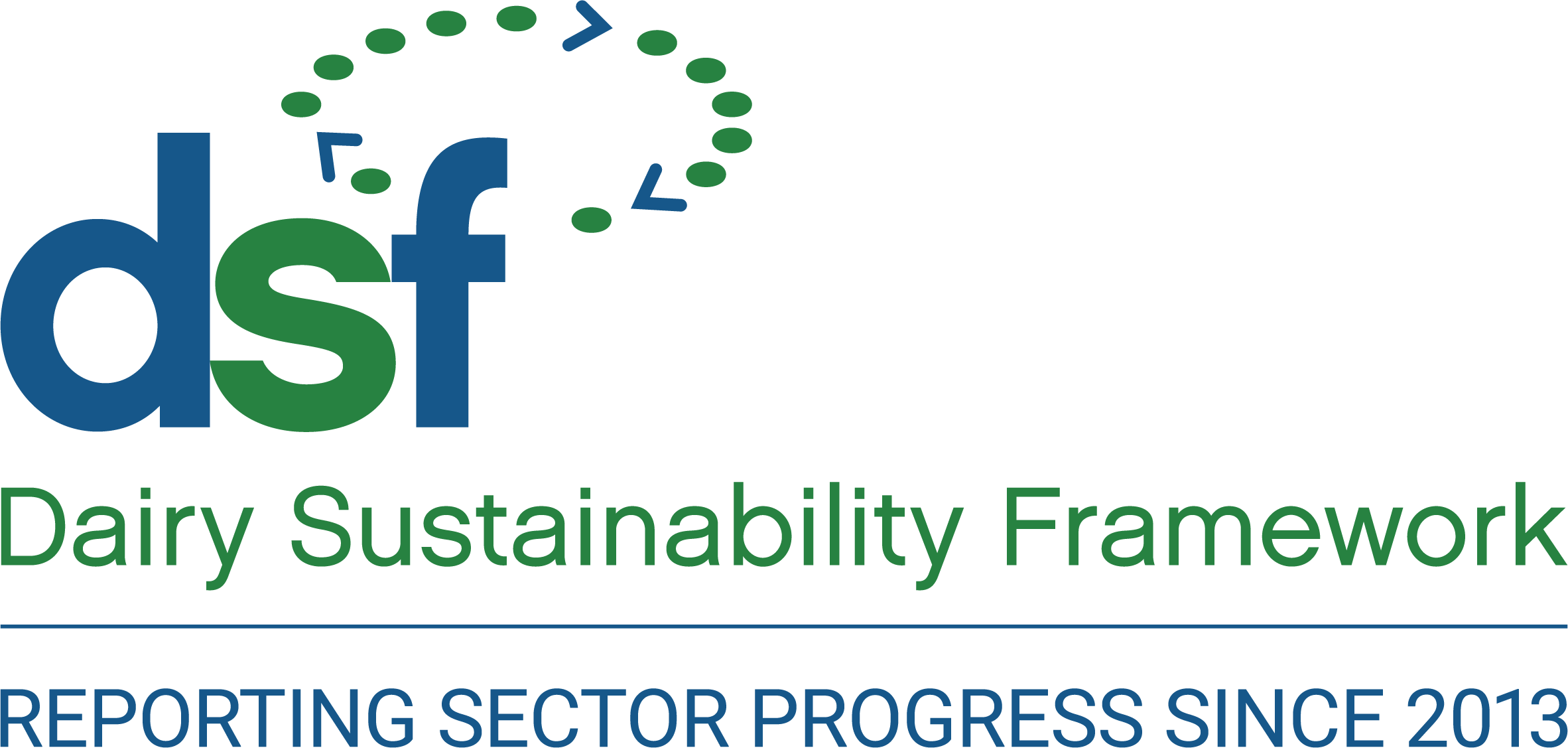Sustainability – False News or a central truth?
Sustainability – False News or a central truth?
 Opinion piece by Chris Brown, Sustainable Business Director at ASDA Walmart and member of the DSF Advisory Council.
Opinion piece by Chris Brown, Sustainable Business Director at ASDA Walmart and member of the DSF Advisory Council.
You could be forgiven for thinking that the changing political landscape (take your pick) has waylaid some of the drive behind the sustainability business programmes. I think it is undoubtedly true that the mood music from certain leaderships have altered perceptions. However, the customers’ views are unlikely to have changed. ASDA surveys a group of c.20k customers to gauge their views on sustainability issues. Over the five years the survey has been carried out the views haven’t changed much. If anything the responses are more supportive of the environmental agenda and, consequently, reflecting higher expectations of corporate organisations.
When surveyed in 2014, 85% of customers told us that they wanted ASDA to help them reduce food waste. So in 2015 we ran Love Food Hate Waste in our 600 stores with the help of our Community Champions in each store. Since then, there has been a huge interest in food waste as a national and international issue. Now, I’m not claiming any credit or responsibility for this global debate but pointing out the early indicator provided by the customer insight. We see 92% of the customers in the survey state that they care about being green. This is a huge number and it is nearly matched in other attitudes. 77% of the panel, and their families, question where their food comes from; three quarters of consumers are having conversations about sustainability and food issues. 93% are actively making greener choices. They expect retailers to be doing their bit. In the way of supply chains, this expectation has to be shared with processors and farmers.
When it comes to buying green 72% of our panel said that the green aspect made a difference to what they bought. That’s important to keep in mind but needs to be balanced with the fact that when asked what other factors influence purchasing decisions, price and quality came out firmly on top.
As an aside there isn’t that much difference between the sexes. Women were slightly more concerned with factors such as healthy, energy efficiency and recyclable packaging.
So, where does this take us? Quite simply, and not quite irrespective of any other opinions, we care about what are customers think. Their views have been incredibly helpful in highlighting future business strategy. Their concerns are our concerns. We want to help them lead greener lives by providing the opportunities to make greener choices. This has to mean that the dairy sector takes its responsibility and to both become greener and provide greener dairy choices. It is apparent that this twin track approach is the way to maintain and grow customers. As evidence I would signpost that in the UK market we are seeing dairy differentiation on husbandry systems with the launch of the ‘Pasture Promise’ free range milk.
The dairy sector should be aware, and be reassured, that customers care. They want to know where their food comes from; they want to be able to recycle packaging. They want to be given choices. This isn’t a facet of economics. Even in financially straitened times when budgets are being stretched customers care. And, the next generation of customers can be expected to care about more and in greater depth.
